The centre-right opposition bloc won Portugal's early general election on March 10, while the far-right populist Chega party gained strong support, but neither party won a majority of seats in the new parliament , a post-election poll showed.
The poll by public broadcaster RTP showed the centre-right Democratic Alliance (AD) was expected to win 83-91 seats in the 230-seat Portuguese parliament, while the left-wing Socialist Party – in power since 2015 until this election – would win 69-77 seats.
The Chega party is on track to win 40-46 seats, up from just 12 in the last election. The business-friendly Liberal Initiative (IL) party is on track to win 7-10 seats, giving the right a majority in parliament.
AD campaigned on promises to boost economic growth by cutting taxes, while improving public health and education services that have been affected by strikes by teachers and school staff over pay.
“The Portuguese people have spoken,” AD leader Luís Montenegro said as he claimed victory in a closely fought election on March 10. “They want a different government , different policies, innovative parties and dialogue between their leaders… And that is what we are ready to offer.”
After consulting with the leaders of the parties that won seats in parliament, Portuguese President Marcelo Rebelo de Sousa is expected to invite Mr Montenegro to form a government.
However, according to poll results, even if AD wins the most votes, this bloc will not have enough seats to gain a majority in the new National Assembly.
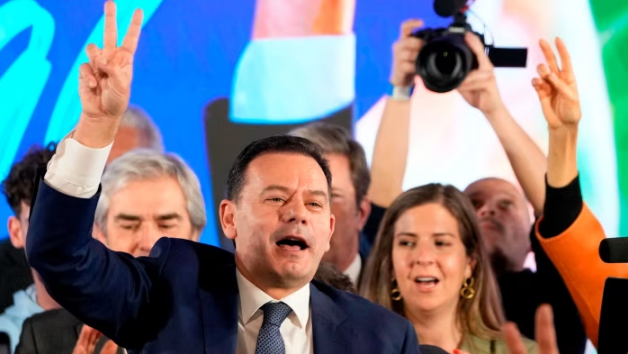
The leader of the centre-right Democratic Alliance (AD) joins supporters after declaring victory in Portugal's general election, March 10, 2024. Photo: FT
In his victory speech, Mr Montenegro reiterated his pledge not to enter into any kind of political agreement with the far right. It is unclear how Mr Montenegro, a 51-year-old lawyer, will govern in a parliament divided between the right, left and far right.
The far-right Chega party says that to win its support in parliament it must be part of a right-wing coalition government. And analysts say a deal with Chega, which means “Enough”, could be the only way AD can come to power.
“We want to give Portugal a stable government,” Chega leader Andre Ventura said after the post-election exit poll results were released. “We are ready to form a government in Portugal.” Ventura described the expected result for his party as “absolutely historic.”
The post-election poll for RTP, conducted by the Portuguese Catholic University, was largely accurate. This has been proven in previous elections.
Like other populist far-right parties in Europe, Chega has tapped into concerns about crime and rising immigration.
With one of the most open immigration regimes in Europe, Portugal has seen its foreign-born population double in five years to reach 1 million last year – a tenth of the country's population.
Chega called for tighter controls on immigration, tougher measures against corruption and a “tougher hand” on some sex crimes.

Chega Party leader Andre Ventura. The far-right populist party won strong support in Portugal's general election, March 10, 2024. Photo: FT
The election result was a blow to Portugal's Socialist Party, which had its worst showing since 2011, and to the Social Democrats in Europe, which now govern in just four of the EU's 27 member states.
Chega's rise mirrors the rise of the far right across Europe, where it has taken power – often in governing coalitions – in countries such as Italy, Hungary and Slovakia, or is winning steadily, as in France and Germany.
Chega's strong performance is also likely to strengthen far-right groups that are expected to make big gains in the European Parliament elections next June .
Minh Duc (According to AFP/Malay Mail, Politico EU)
Source







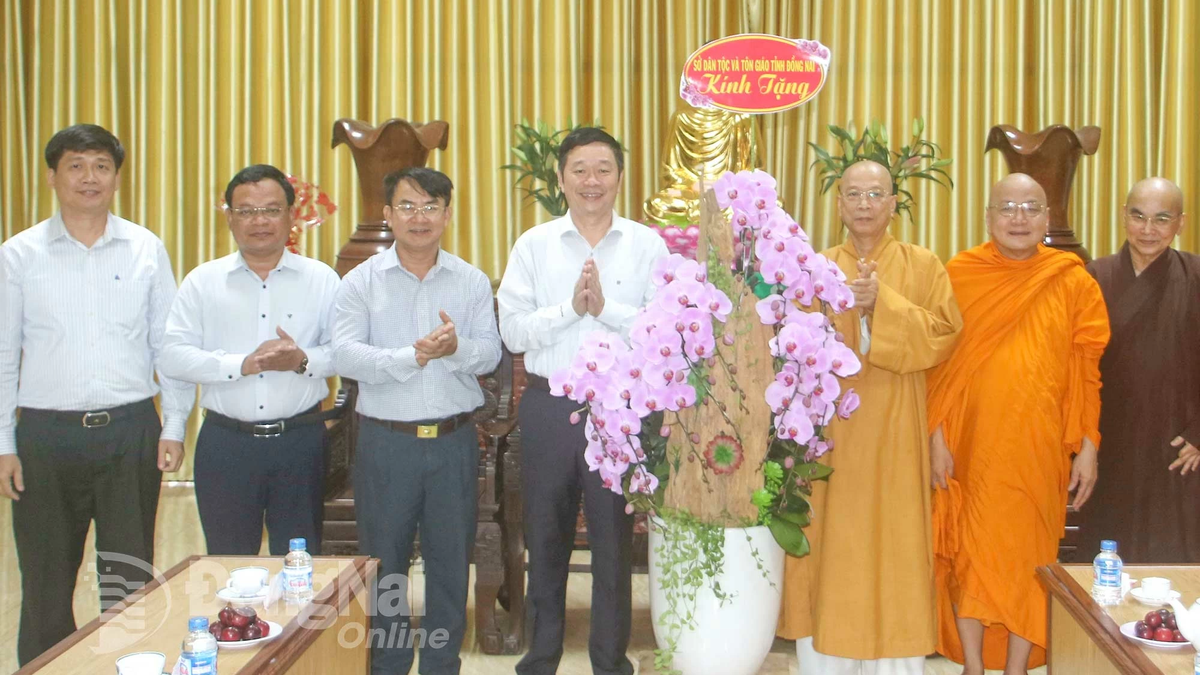
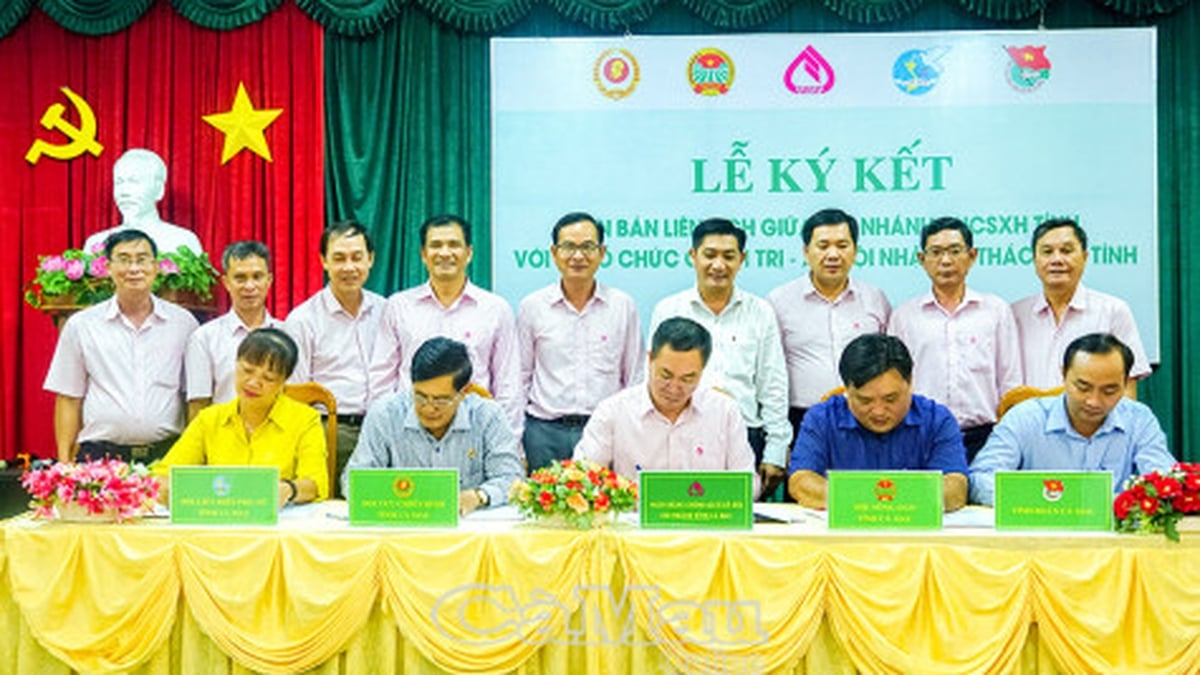






























































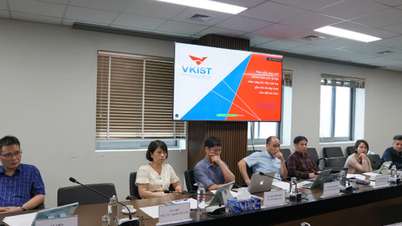



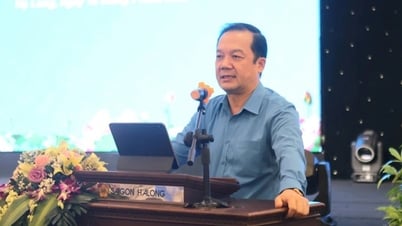


















![[Infographic] In 2025, 47 products will achieve national OCOP](https://vphoto.vietnam.vn/thumb/402x226/vietnam/resource/IMAGE/2025/7/16/5d672398b0744db3ab920e05db8e5b7d)





Comment (0)